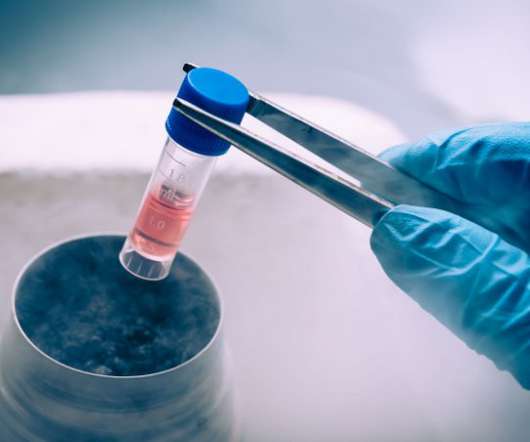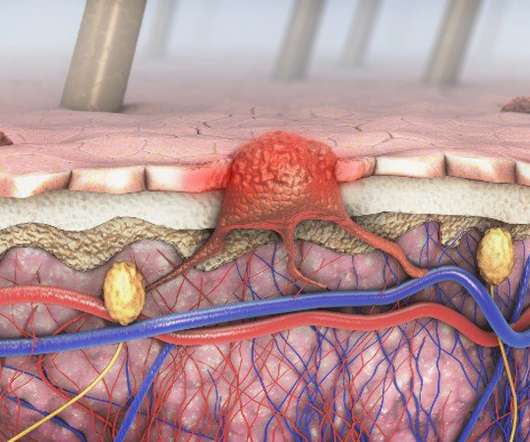Colorectal Cancer Awareness Month 2024: Innovations in Treatment
XTalks
MARCH 28, 2024
For CRC, treatment options that are targeting genetic mutations such as BRAF , KRAS and HER2 have been developed. Gene Editing and CAR T-Cell Therapy Genetic engineering technologies, such as CRISPR-Cas9, are providing newer potential avenues for cancer treatment.














Let's personalize your content